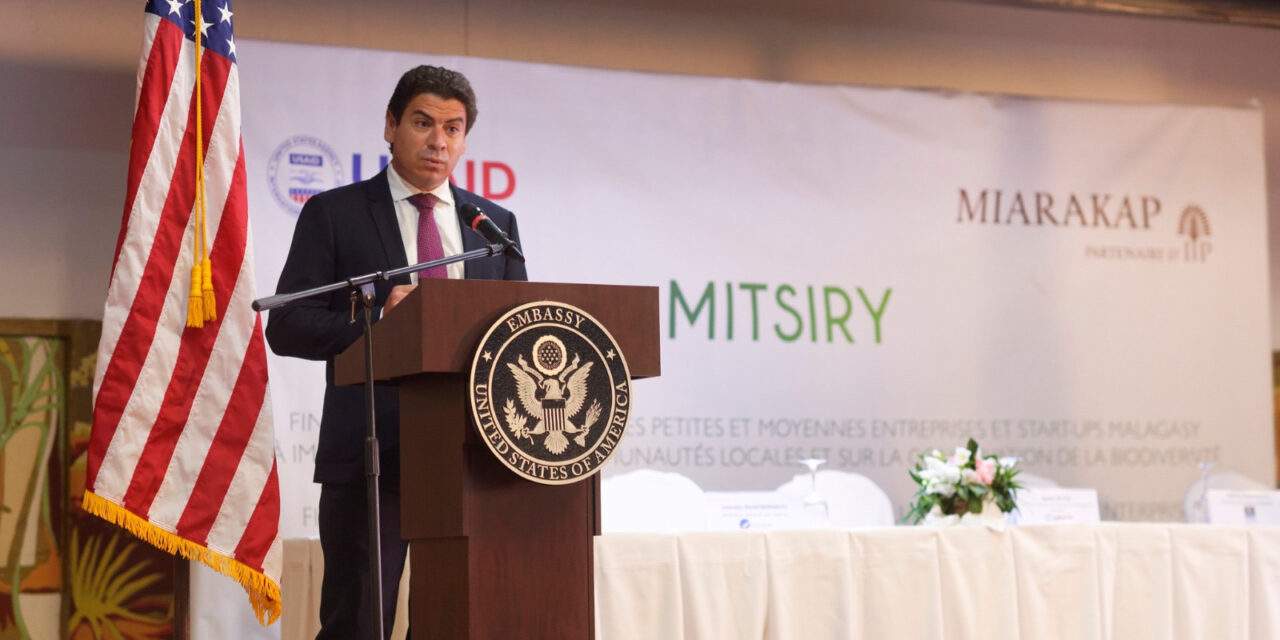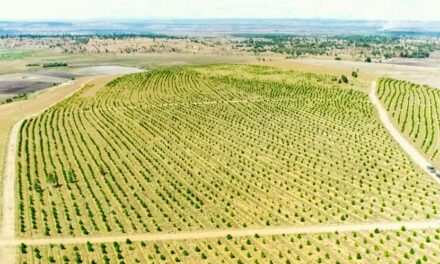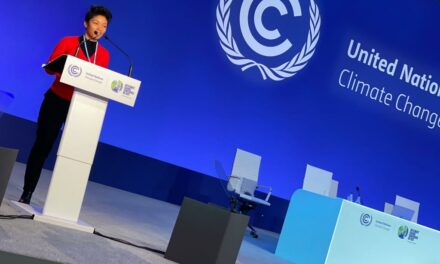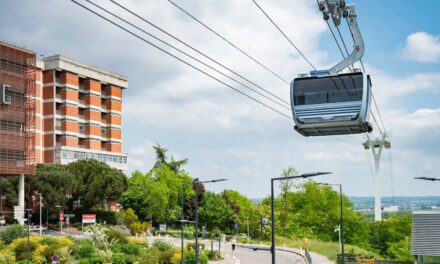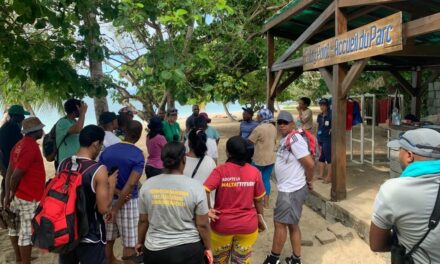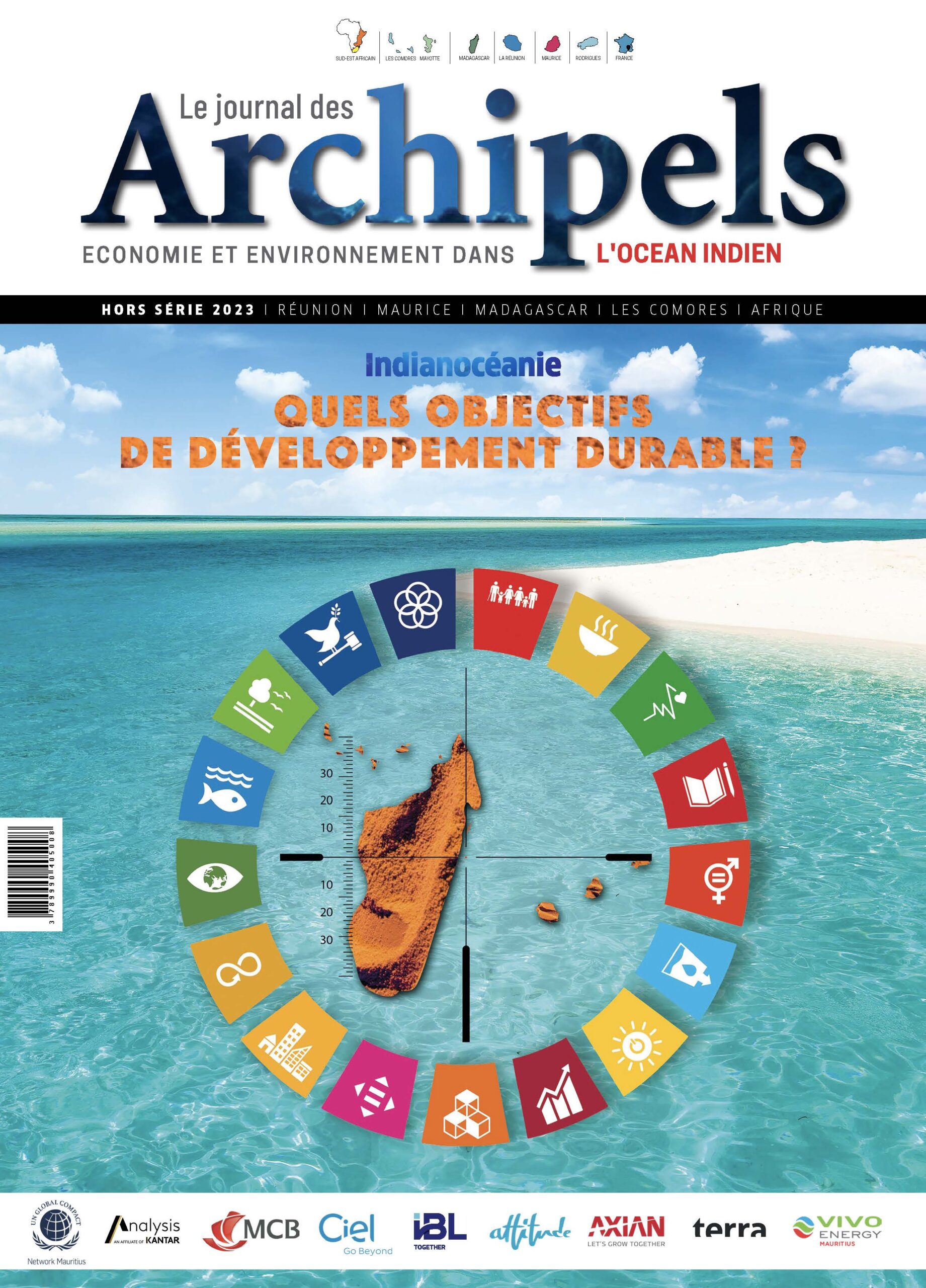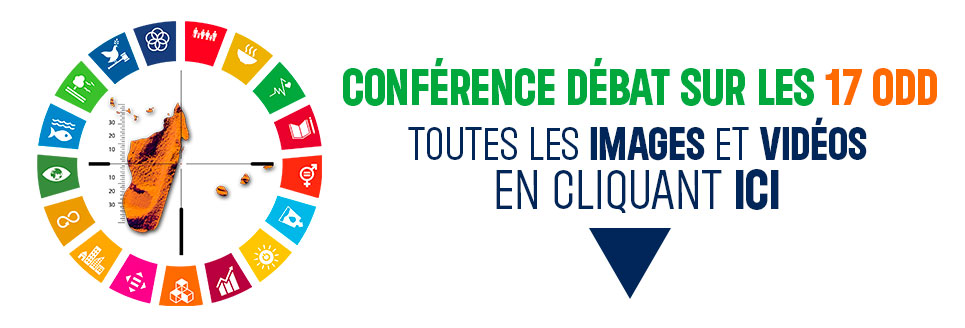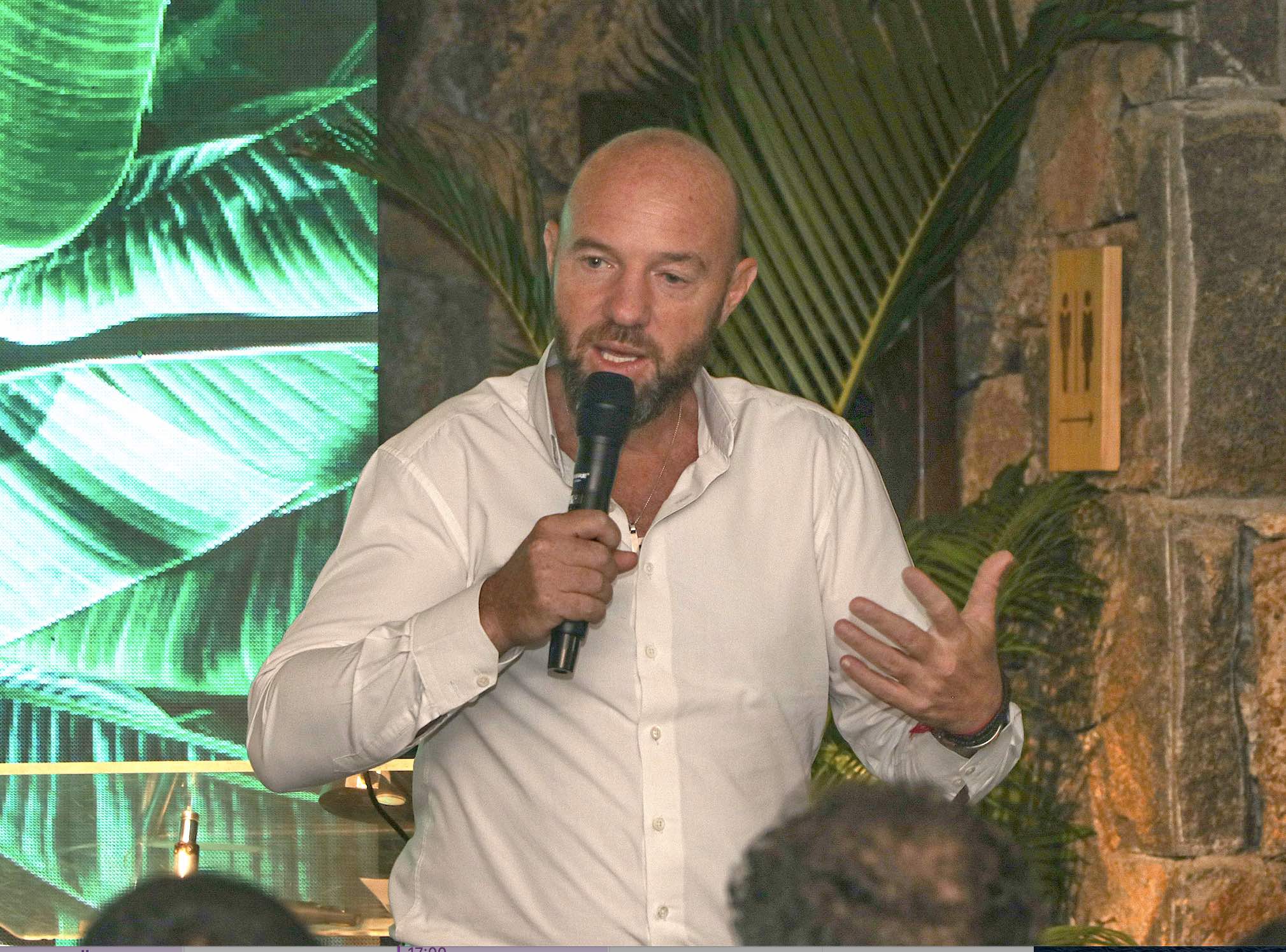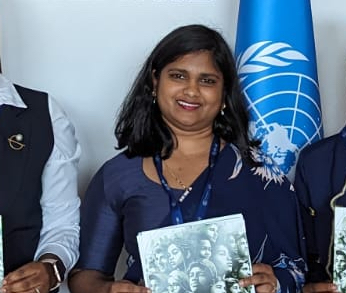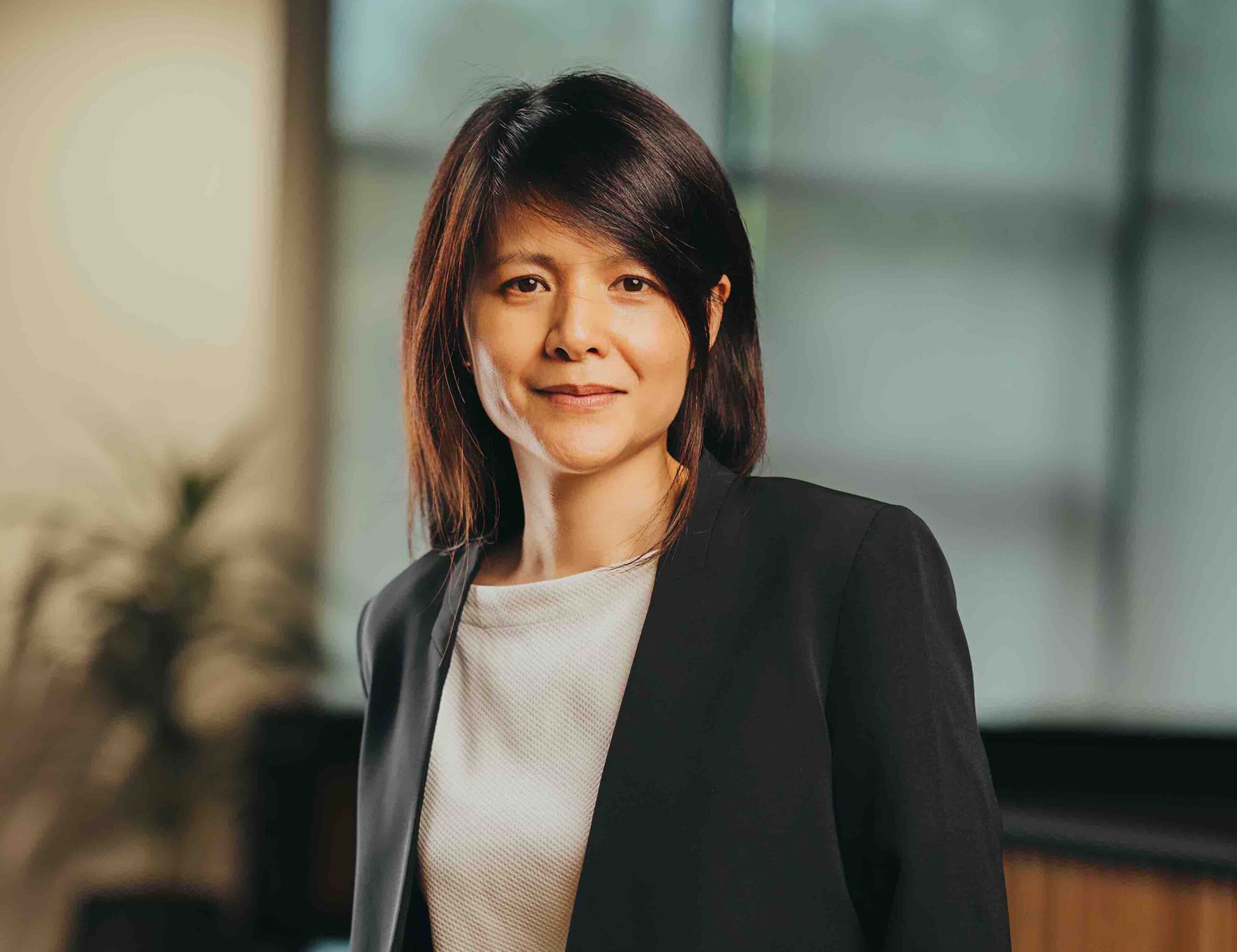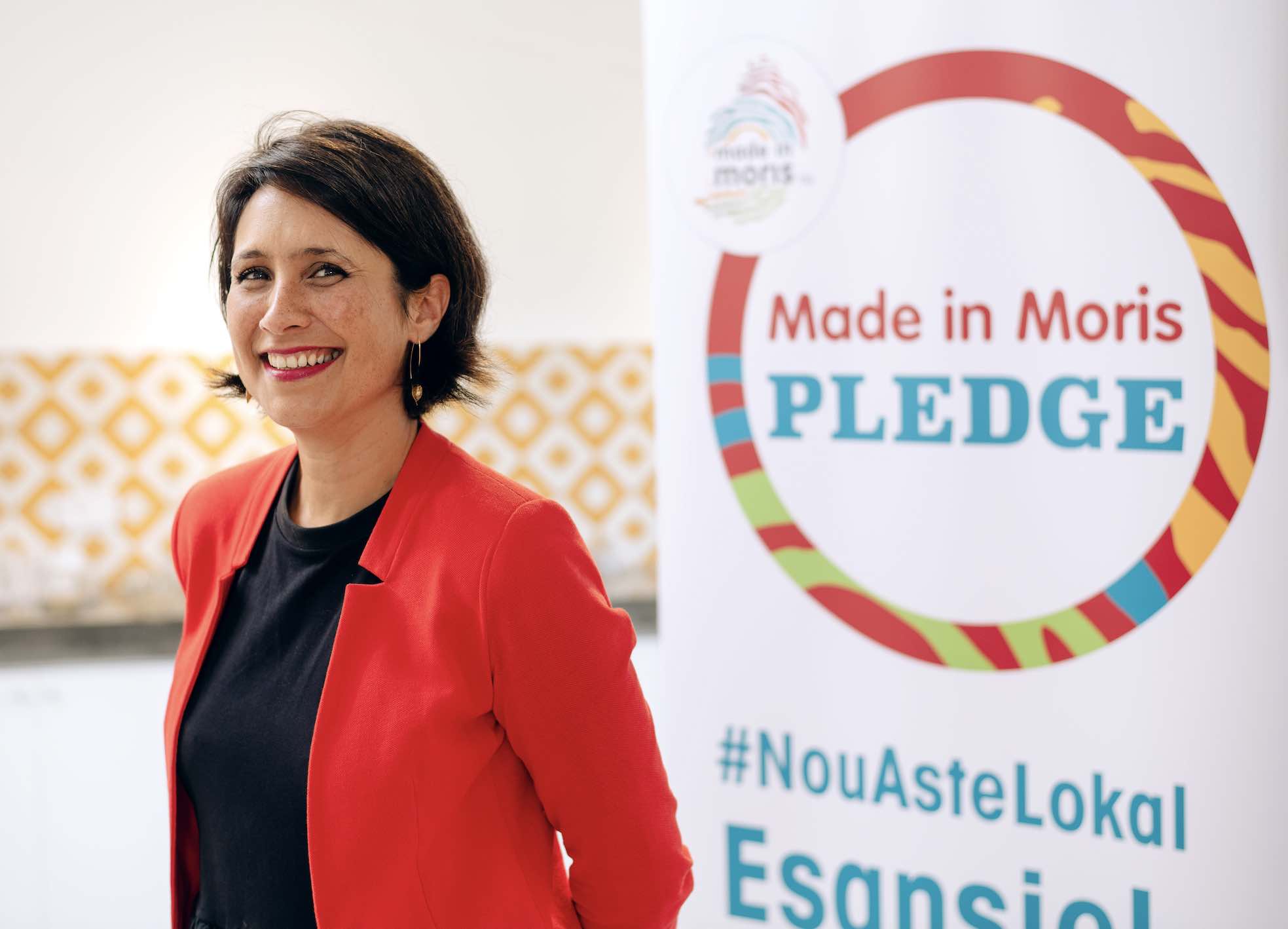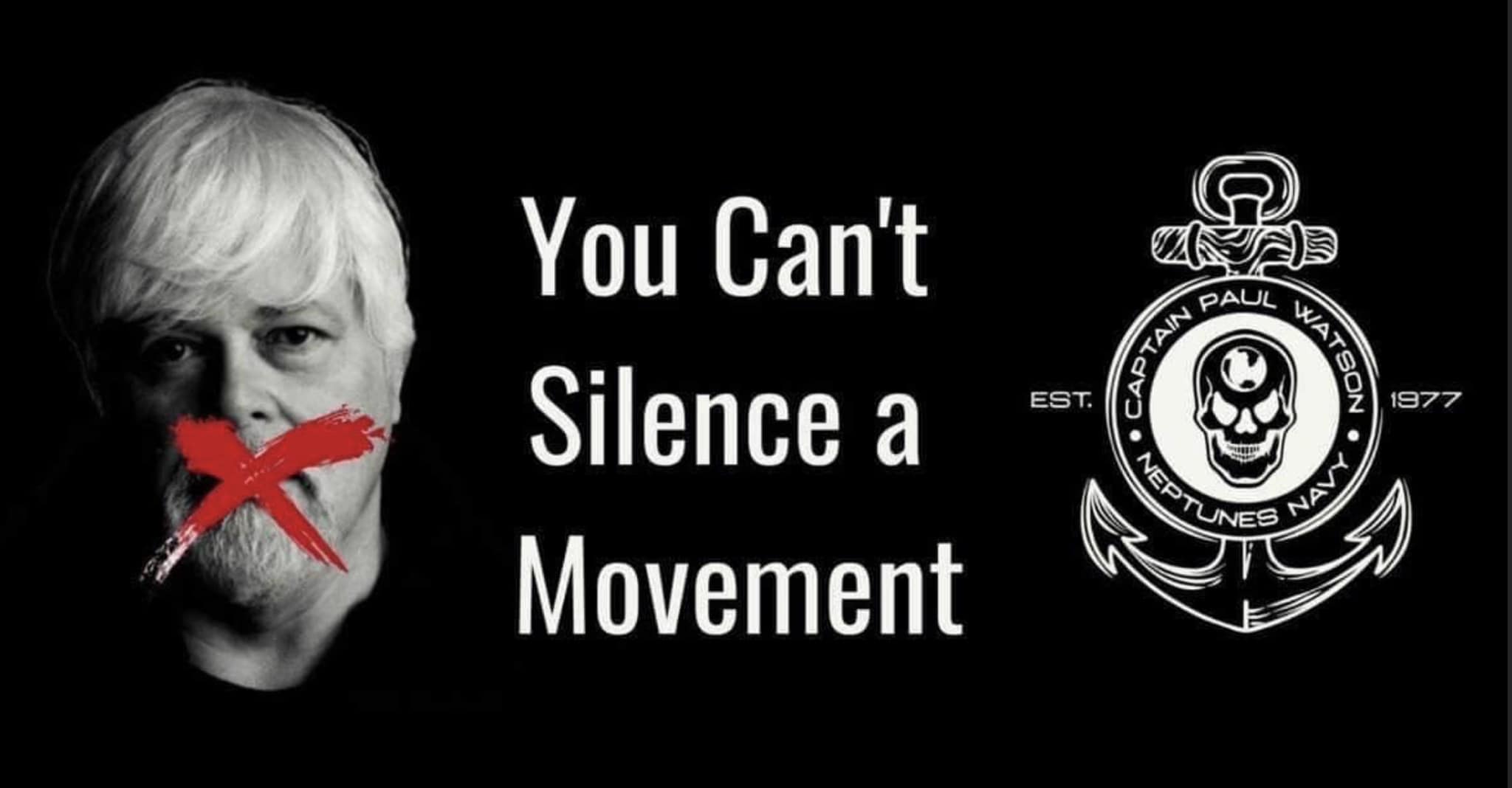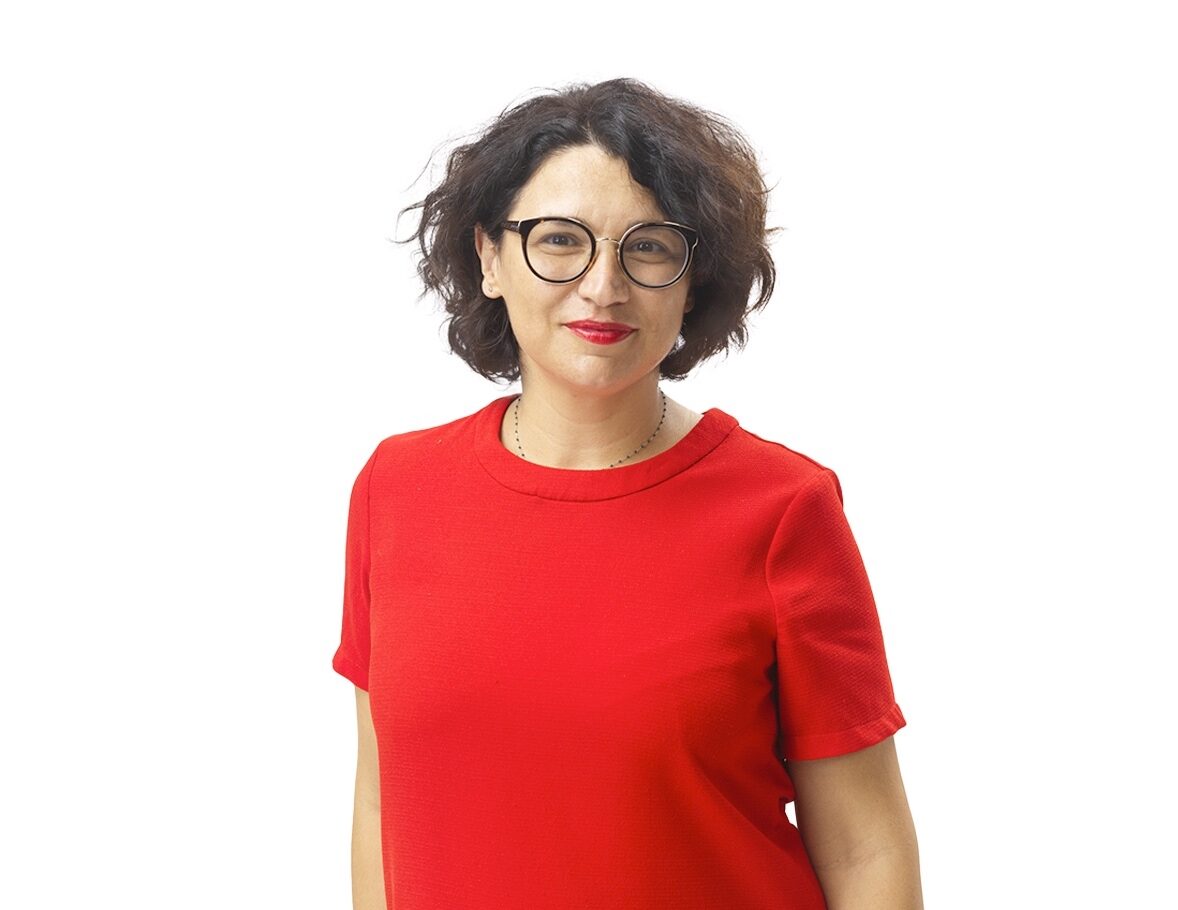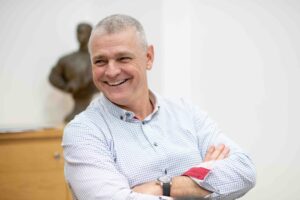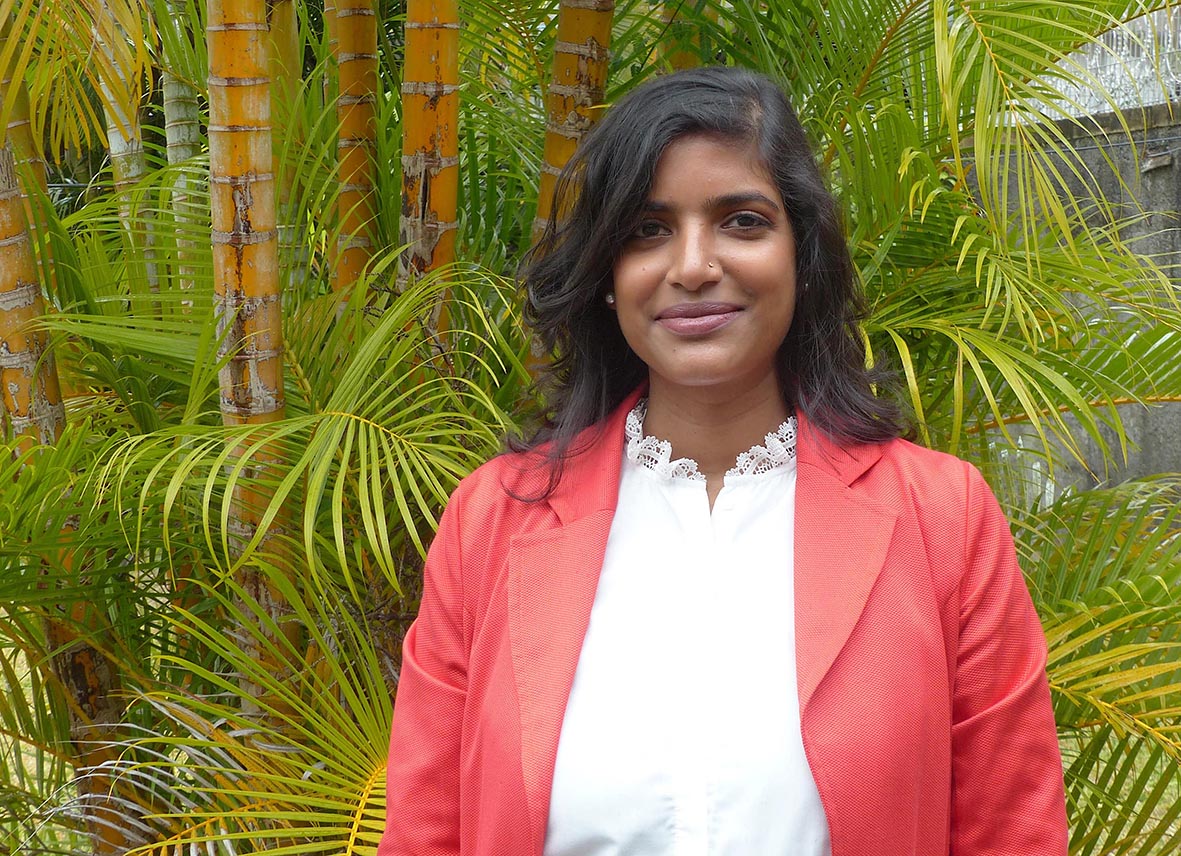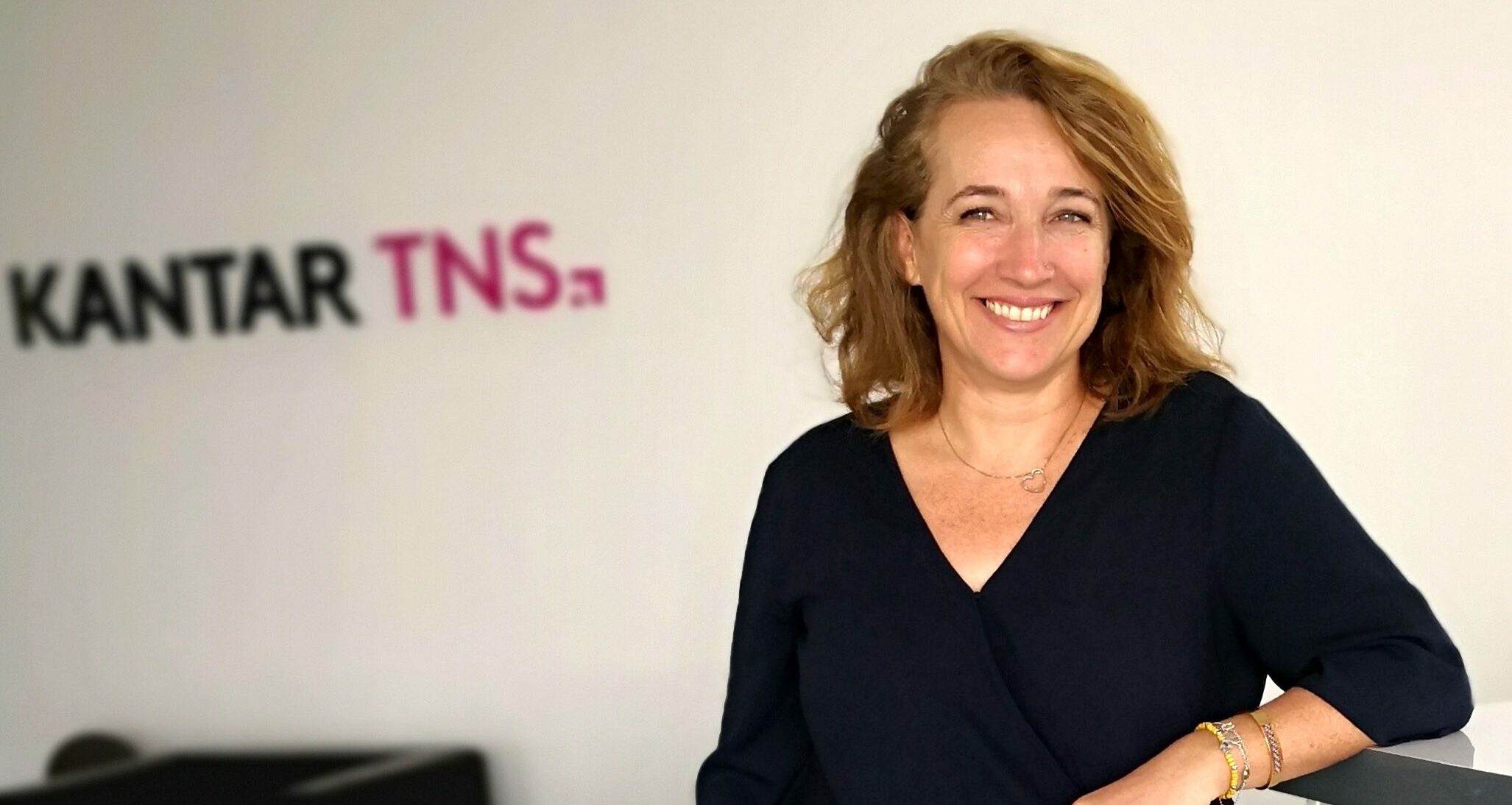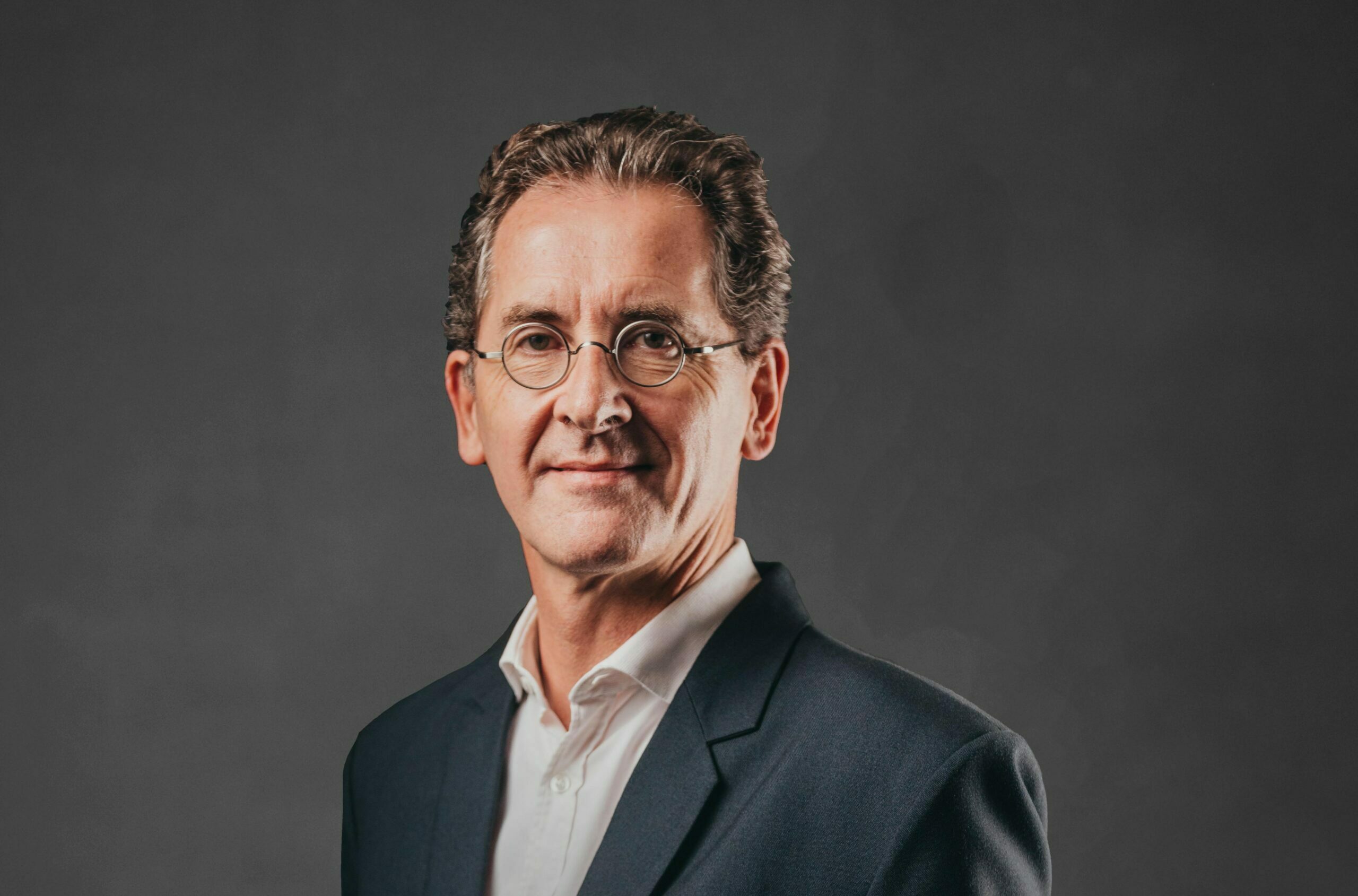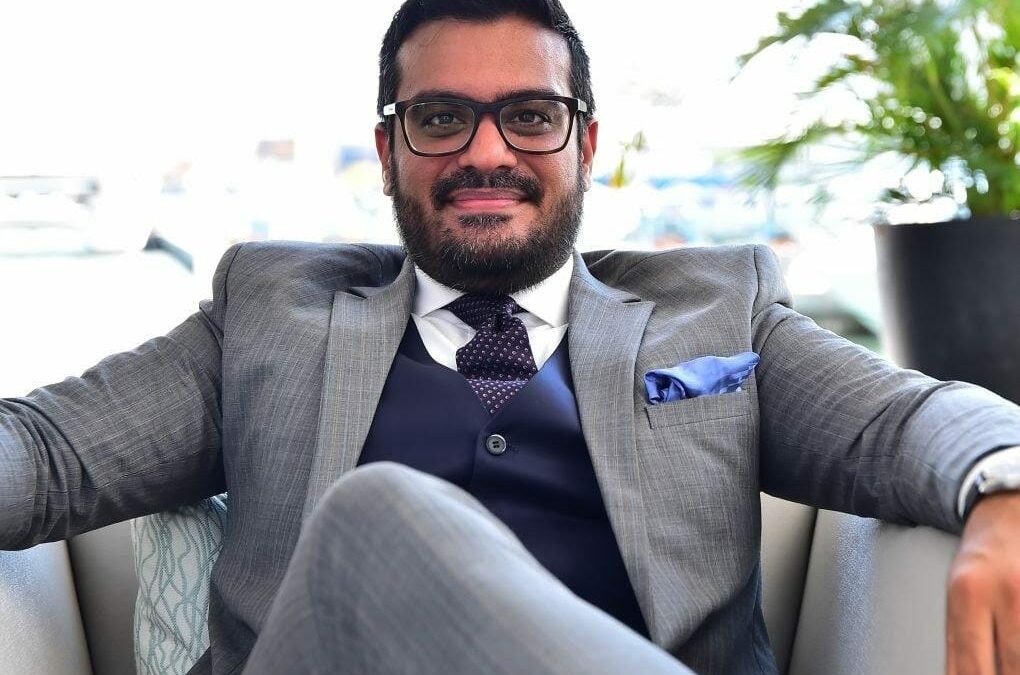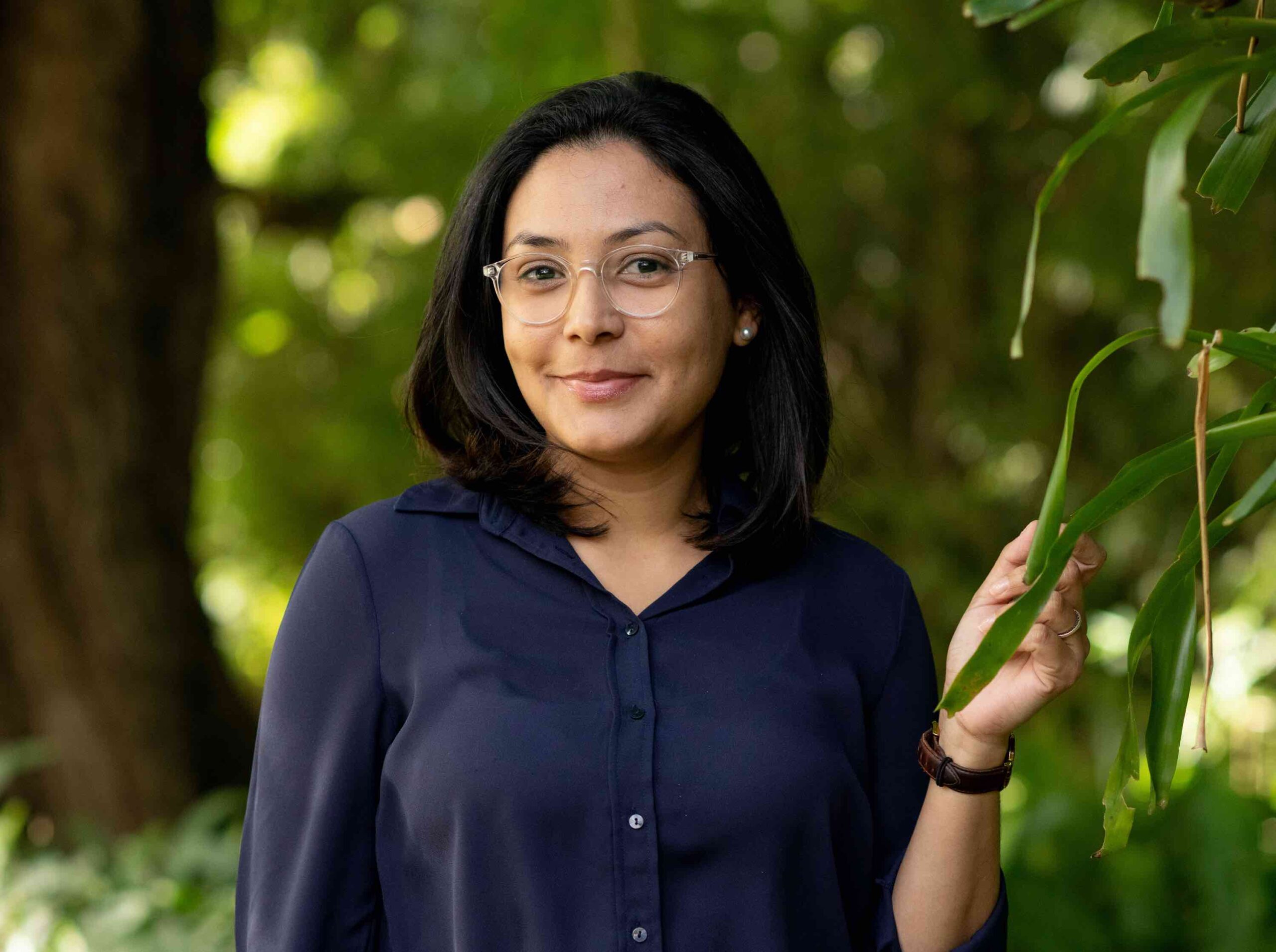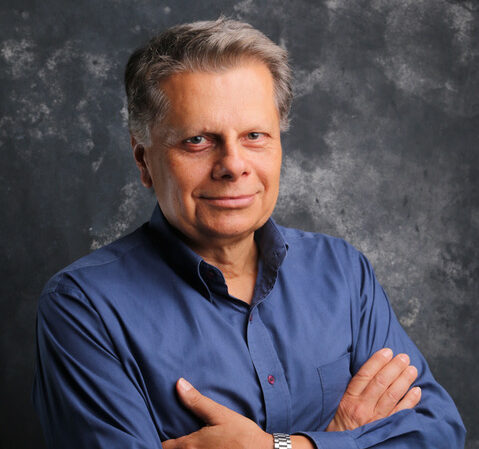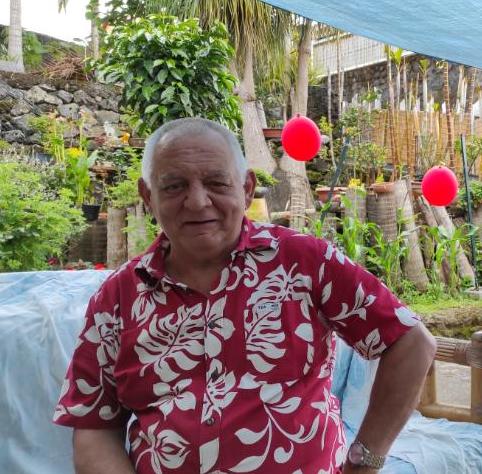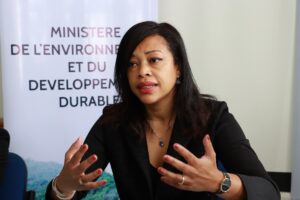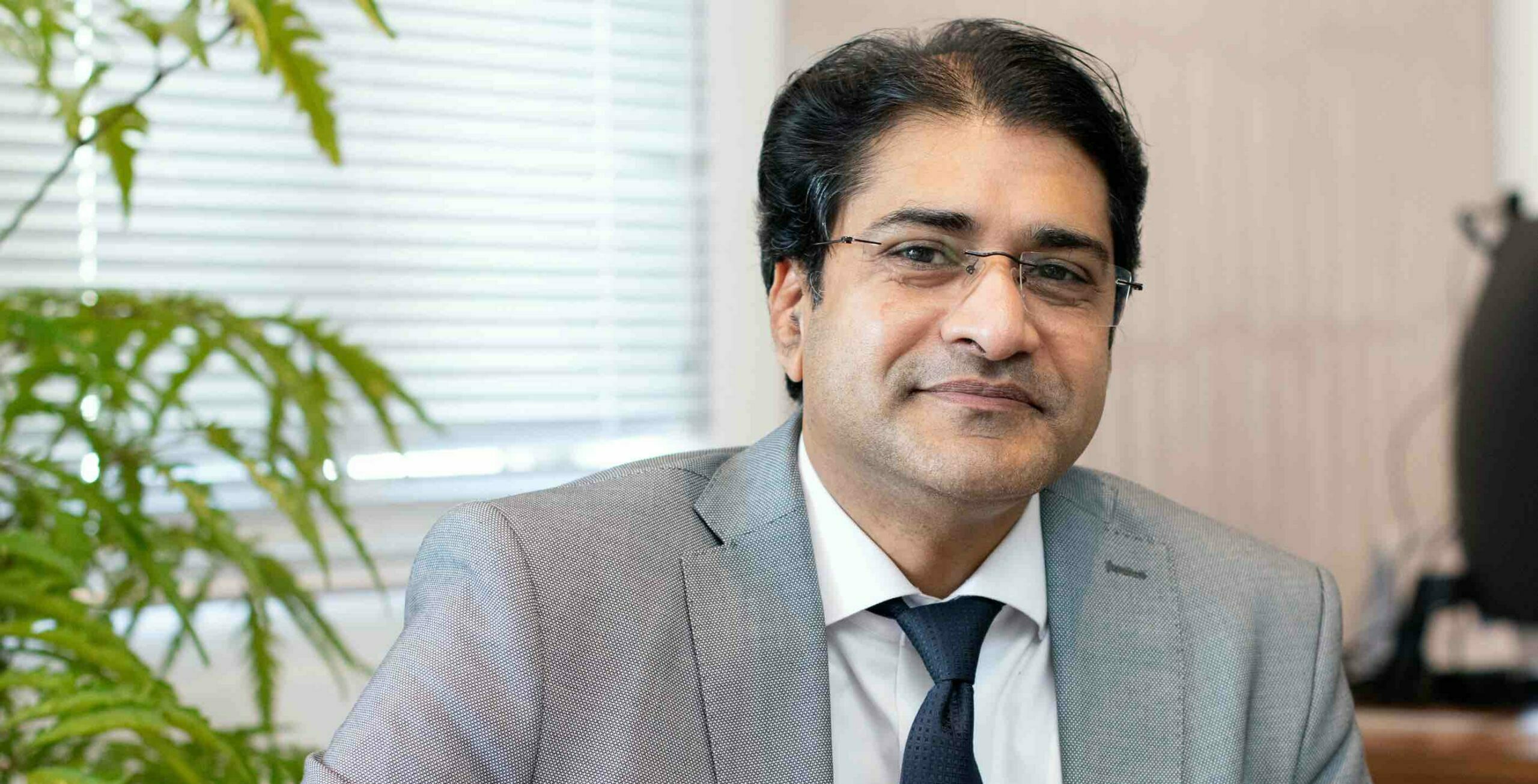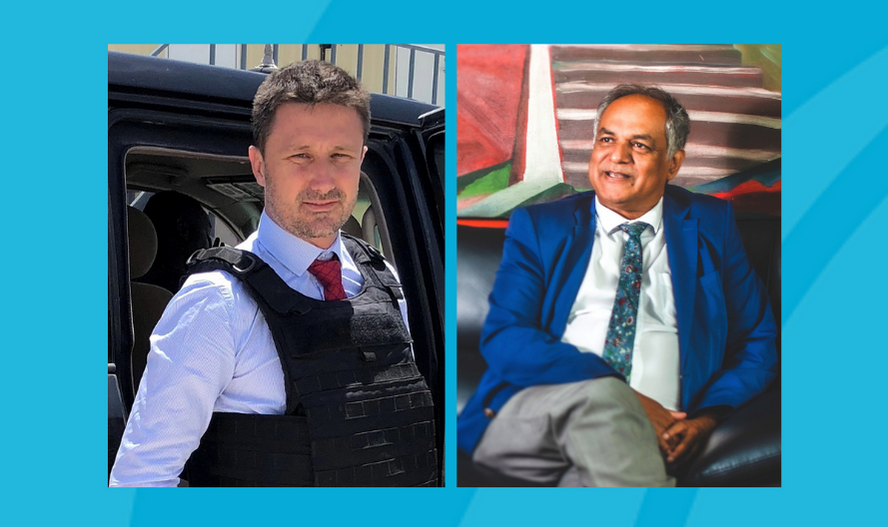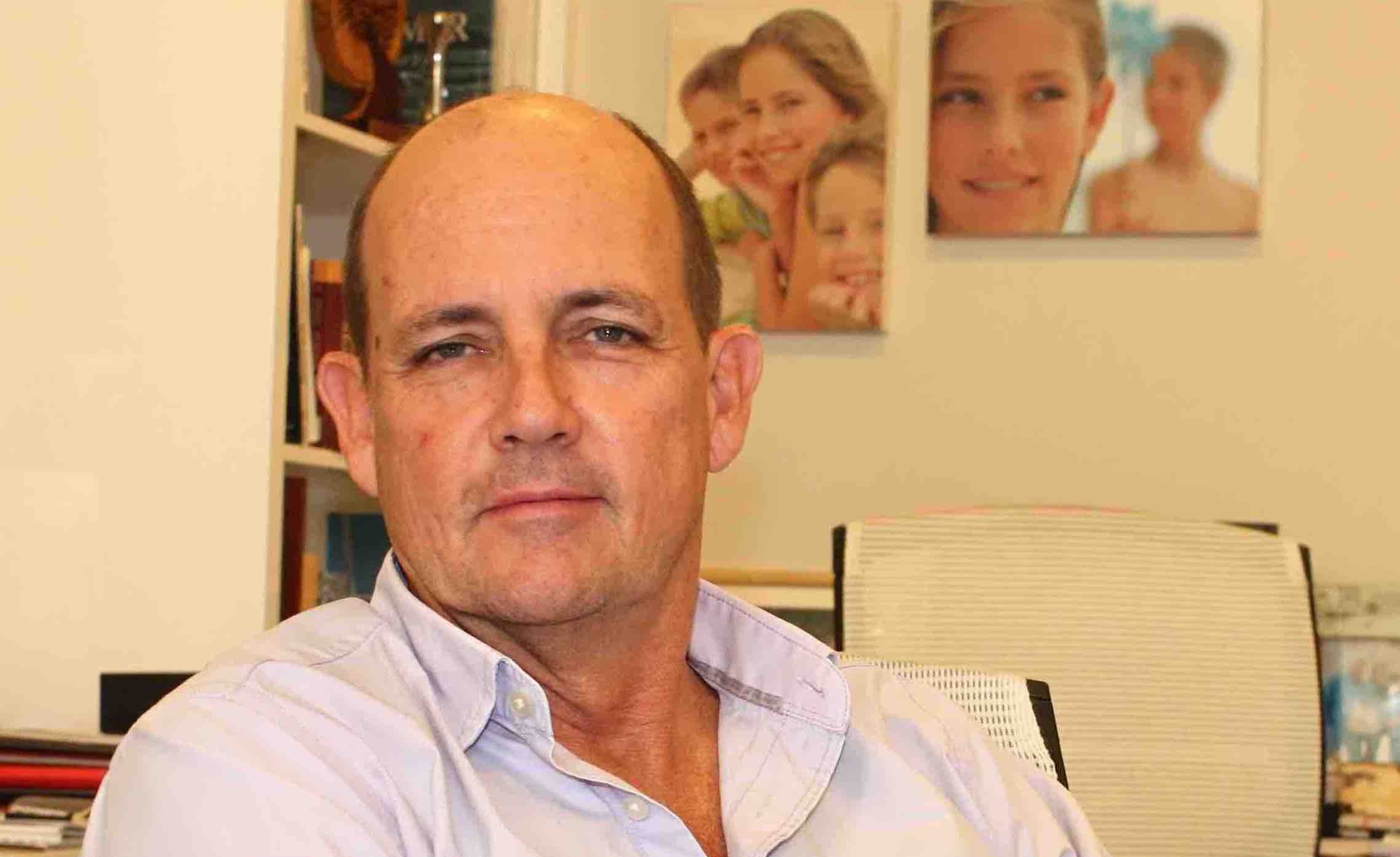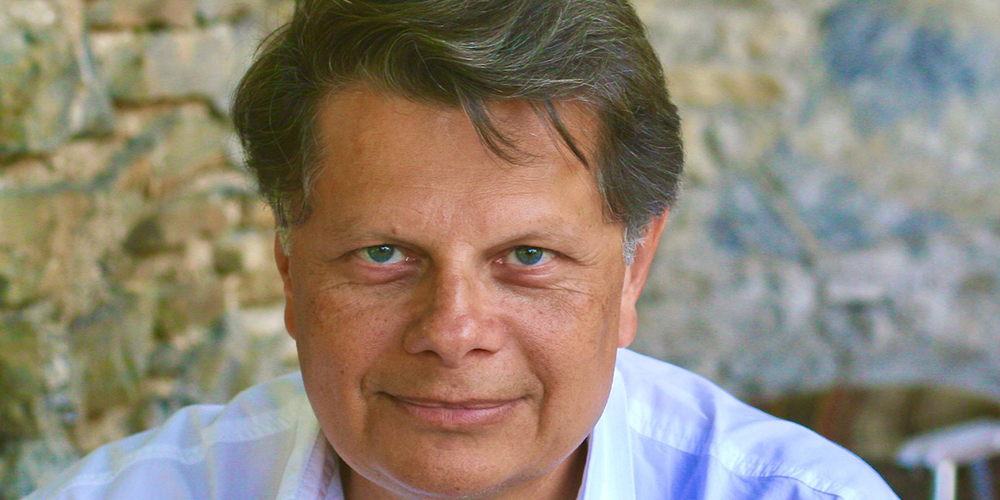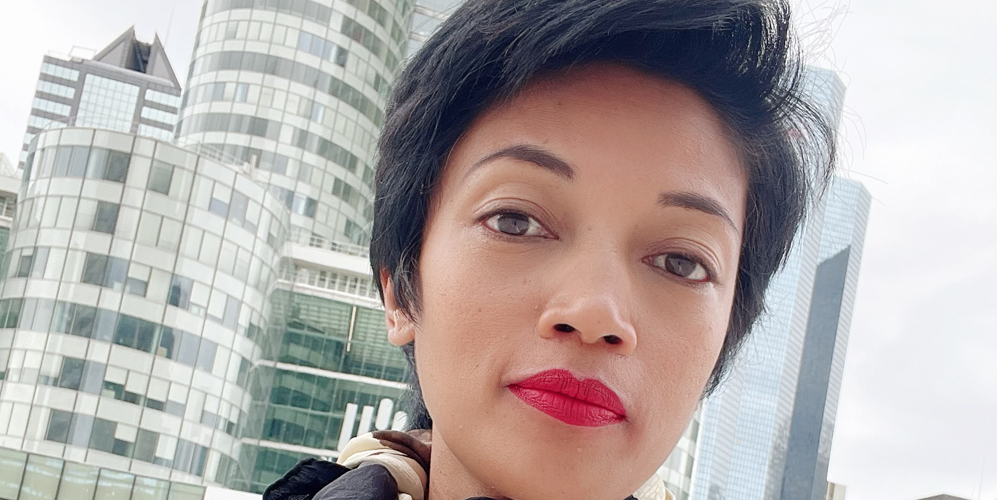By Emmanuel Cotsoyannis, founder of Miarakap
Emmanuel Cotsoyannis founded Miarakap in 2017, with the support of Investisseurs & Partenaires, with the aim of creating tens of thousands of jobs and anchoring the culture of entrepreneurship on the island where he grew up.
Interview by Liva Rakotondrasata
The “serial investor” we know today is a child of Fianarantsoa, a wine-producing province in the mid-south of Madagascar. He is the son of a Greek-Malagasy whose family has been established on the island since the 1890s. His mother came to Madagascar to join his father and the Cotsoyannis family left Antananarivo in the early 1960s to settle in the Betsileo region and open the Hôtel des Voyageurs, one of the very first accommodation establishments in Fianarantsoa, which became the Hôtel Cotsoyannis in the 1980s.
The young Cotsoyannis attended school in Fianarantsoa before leaving for Antananarivo to continue his studies. After high school, he went to France to study at the EDHEC Business School in Lille. He also obtained a master’s degree in Economics from the Institut d’études politiques in Paris. He began his professional career as a strategy and management consultant focusing on finance at Equinox Consulting, then at Stanwell Consulting. In 2008, he threw himself into the deep end of entrepreneurship by launching a company specialising in home catering: “Les Dîners d’Eloise”. He sent chefs out to cook meals in people’s homes, and it didn’t take long for the mayonnaise to take hold. “We were the first in France in this niche and we were the market leader,” he says. The business was later sold to a more integrated group that was already well established in the catering sector, particularly in event and reception catering. While remaining a minority shareholder, he also took over the general management of the new entity.
In 2016, he decided to sell his shares in the group and opted to return to Madagascar. He remains firmly convinced that only businesses can create wealth, innovate and make an impact, and thus put his country on the road to emergence. “In Europe, SMEs create more than 80% of jobs”, he points out to justify his point of view. So, in 2017, he launched Miarakap on the Big Island. A local financing solution aimed at SMEs and start-ups with high growth potential. In Madagascar, he achieved pioneering status, even though there were already many private equity firms targeting young innovative businesses in other parts of the world.
Between 5,000 and 10,000 families have already benefited.
This entrepreneur at heart claims to have experienced challenges in France that are not the same as in Madagascar. For him, while in Europe the main challenge is competition, which requires, among other things, a certain ability to stand out in terms of communication, in the Big Island, the reality is quite different. In particular, it’s a question of being able to offer quality products and services in line with the availability of skills. “Quite quickly I said to myself, we need to help Malagasy entrepreneurs to have more resources, both financial and human, to develop their businesses. That’s why I came back four years ago”.
For the founder of Miarakap, Madagascar is an important part of his culture. It’s where his family lives, where he was forged. He still remembers with a certain nostalgia the years he spent at the small college in Fianarantsoa. Although he now lives in Antananarivo, he feels like a “Malagasy from the bush” who spent a lot of time in remote areas such as Andringitra, where his parents set up Camp Catta, which has become one of the country’s leading ecotourism sites. He also likes to spend his free time in Salary Bay, in the south-west of Madagascar. “I feel at home with the rural population, in the villages,” he confides.
Today, Miarakap has financed around fifteen businesses to the tune of 10 billion ariary (around €2.3 million editor’s note) for a portfolio totalling almost a thousand jobs. This is equivalent to between 5,000 and 10,000 beneficiary families. These include companies such as HaiRun Technology, which employs almost 200 highly skilled people. “Of course, it’s a drop in the ocean when you consider that 10 million jobs need to be created in Madagascar, and we’re only at 1,000 for the moment. But we’re aiming to create hundreds, if not thousands, of jobs every year, to support entrepreneurs and convince them that it’s possible to succeed”.
From online mass retailing (supermarché.mg) to cassava processing in southern Madagascar (Malakass), via the exploitation of moringa oleifera (Moringa Wave), Miarakap’s portfolio is well diversified. “We try to show entrepreneurs at their best. That’s not always easy, especially as we are very transparent in the way we manage the investment vehicle and deal with the companies we support,” explains Emmanuel Cotsoyannis.
Encouraging companies to formalise
At the start of the Covid crisis, Miarakap financed five companies. This was in line with its initial objective. These companies demonstrated that they could achieve growth. “It should be noted that companies in Madagascar, when they decide to enter the formal sector, have to deal with various constraints such as the weight of social charges and taxes, which can have a significant impact on their operations. They may have to increase their prices or seek new financing to ensure their survival”, says the creator of Diners d’Eloise. “And we, for our part, have done our utmost to persuade businesses that it is in their interest to formalise while remaining profitable. This may make them vulnerable to market players for a time, but in the long term, it’s a winning bet, because companies are better structured, can access resources and are no longer on their own, since they are working with partners”.
As a result of the pandemic crisis, companies have taken some shocks. Emmanuel Cotsoyannis regrets somewhat that the support given to companies has not been more proactive, going beyond postponement measures. “The companies in our portfolio have suffered but have held up well. One company in five needed financial support, while the others mainly needed operational support. That’s why we decided to suspend our investment activities and concentrate on protecting companies.
During the two-year ‘pause’, Miarakap also began discussions with lenders to find other financing tools for entrepreneurs, incorporating elements such as environmental protection. “It was at this time that we began discussions with the US government, through USAID, to design, set up and manage an extremely innovative scheme, called Mitsiry, which will make it possible to finance around thirty SMEs and start-ups whose activities have a positive impact on local communities and biodiversity in Madagascar”, he continues. The results are now in, with the programme launched in April this year having already financed companies such as Sahanala (agriculture), Jiro-Ve (green energy), Vatel Madagascar (hotel and restaurant training) and Ilanga Nature (organic honey).
Miarakap has also been very active over the last nine months. Of particular note is the arrival in the investor’s portfolio of Valala Farms, which breeds crickets to supply the country’s livestock sector and has a strong team of scientists. “I think we’re going to be hearing a lot about this company over the coming months and years. Not forgetting wellbeing, through Stephaina Beauty, or company canteens with Le Complexe.
“The Big Island needs to be able to build on a strong momentum”.
When asked about Miarakap’s plans, Emmanuel Cotsoyannis insists on the message that there will be no economic development without thousands more entrepreneurs in Madagascar. “It’s worth noting that Madagascar’s entrepreneurial ecosystem has developed extraordinarily over the last 5 years. It’s clear that in the current emergence strategy, there is a desire to support entrepreneurs. That’s good, but more needs to be done. We want to help put entrepreneurship at the heart of the agenda”.
Miarakap’s aim is to become a major player on the national scene through its three core businesses of financing, supporting and promoting entrepreneurship. To achieve this, the private equity firm intends to multiply its resources by at least ten. Miarakap currently manages almost 50 billion ariary in financing (one billion is worth around €23,1000, editor’s note: as at1 July). Which has the merit of being clear.
Interrogé sur les projets de Miarakap, Emmanuel Cotsoyannis insiste sur le fait qu’il n’y aura pas de développement économique sans des milliers d’entrepreneurs supplémentaires à Madagascar. “Il faut savoir que l’écosystème entrepreneurial malgache s’est extraordinairement développé au cours des 5 dernières années. Il est clair que dans la stratégie d’émergence actuelle, il y a une volonté de soutenir les entrepreneurs. C’est une bonne chose, mais il faut aller plus loin. Nous voulons contribuer à mettre l’esprit d’entreprise au cœur de l’agenda”.
L’objectif de Miarakap est de devenir un acteur majeur sur la scène nationale à travers ses trois métiers que sont le financement, le soutien et la promotion de l’entrepreneuriat. Pour y parvenir, la société de capital-investissement entend multiplier ses ressources par au moins dix. Miarakap gère actuellement près de 50 milliards d’ariary de financement (un milliard vaut environ 23 000 €, ndlr : au 1er juillet). Ce qui a le mérite d’être clair.
Currently, the annual market for investment in start-ups in Africa is over 5 billion dollars. For Madagascar, that’s 200,000 dollars, a large part of which is represented by Miarakap. So it’s time to move up a gear. “The Big Island needs to be able to capitalise on a strong dynamic like that seen in other countries such as Ghana, Kenya, Senegal and Nigeria”, he maintains, before suggesting that the Big Island has a card to play by showcasing its cultural riches. “Madagascar has a specific culture, with transcendent values such as Fihavanana*. This could be a prime opportunity for entrepreneurship, as we are already doing in the area of solidarity credit in rural areas”.
In his view, Madagascar needs to be able to rely on its strengths. “We know our weaknesses. We’re a long way from the major international financial centres, logistics are still lacking, and the general business environment is still fairly weak. But we have to be able to overcome these handicaps. Solidarity is a strength. We also need to work on the fact that Malagasy people are becoming entrepreneurs out of necessity, because there are not enough jobs available. This is an opportunity to be seized by transforming entrepreneurs by obligation into project owners by conviction”.
* Fihavanana is an ancient form of social bond valued in Madagascar’s culture, based on mutual aid and solidarity. A value that is being lost, particularly in urban areas.


